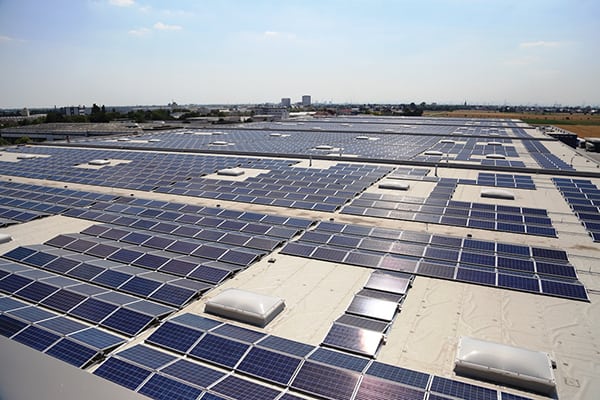Europe Moves to Phase Out Renewable Subsidies
New rules adopted by the European Commission (EC) in April will gradually phase out renewable energy subsidies that currently bolster the European Union’s (EU’s) €48-billion-a-year clean energy industry.
The rules stem from an investigation into Germany’s renewable energy subsidies, which have sent renewables’ share of the country’s power portfolio soaring but led to market distortions. As it issued the rules, the EC called on Europe to meet ambitious 2020 climate targets at the least possible cost for taxpayers and without undue distortions of competition in the single market.
“Many renewables sources have reached a scale and a level of maturity that allows them to compete with more commensurable sources,” EU Commissioner for Competition Joaquin Almunia told reporters on April 9. “It is time for renewables to join the market. The new guidelines provide a framework for designing more efficient public support measures that reflect market conditions, in a gradual and pragmatic way.”
The new Energy and Environmental State Aid Guidelines, which will be valid from July 1, 2014, until the end of 2020, foresee the gradual introduction of competitive bidding processes for allocating public support but offer the bloc’s 28 member states flexibility to take account of national circumstances. In 2015 and 2016, a pilot phase will be launched to test competitive bidding procedures in a small share of new renewable power capacity. Small installations (less than 6 MW of wind power or 1 MW of other renewables such as solar or biomass) will be initially exempted, but tender processes will be obligatory for all new installations as of 2017.
The guidelines also call for the gradual replacement of feed-in tariffs with more market-based types of aids such as feed-in premiums. The premiums will not apply when prices on the market are negative, which means generators will have no incentive to generate electricity under negative prices. Small installations will still benefit from a special program, however, and the rules do not affect installations that are already in place (Figure 1).
Significantly, the rules also seek to alleviate the “very high burden” of charges levied for the funding of renewables for 68 energy-intensive companies. But that measure was criticized by energy-intensive sectors as well as by renewable energy advocates, who cautioned that it would shift the costs for the transition to cleaner energy disproportionately onto private consumers and small businesses. The European Aluminum Association said more would need to be done to restore Europe’s industrial competitiveness, calling for more compensation measures for costs related to climate and energy policies.
The rules also back cross-border energy infrastructure in support of a single European energy market, and they permit aid to secure adequate generation when there is a real risk of a reliability lapse. That means aid for so-called “capacity mechanisms” is possible if a state demonstrates that adequate capacity cannot be delivered without state intervention.
—Sonal Patel, associate editor (@POWERmagazine, @sonalcpatel)
